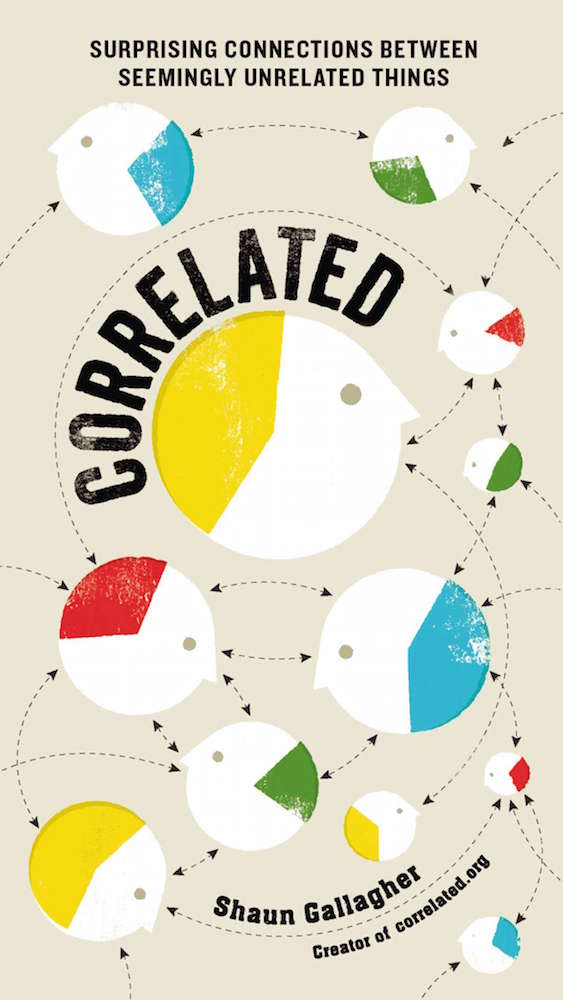There is something especially unreliable about "slippery slope" arguments, and it has nothing to do with their validity.
Rather, it has to do with the slope's descent.
Imagine you and everyone else are at the top of a hill, and you all agree that what is at the bottom of the hill is positively abhorrent.
Those who propose descending down the hill — just a little bit, they assure you — will make their case like this:
"Look, we all agree that what is at the bottom of the hill is positively abhorrent. So there's no need to worry about us going there.
In fact, the suggestion that we would go there is totally insulting and so preposterous that
we accuse you of acting in bad faith by even suggesting it as a possibility."
But the thing about descending down the slope is that the further down you go, the less abhorrent the bottom seems.
Until you reach about midway down, at which point you come to think that your earlier opinion about whatever is at the bottom of the hill was erroneous.
Things look different and scarier from so high up, looking so far down.
But from midway down, the bottom of the hill doesn't seem abhorrent anymore.
As you descend even lower and the pull of the bottom of the hill becomes stronger — while the pull of the top of the hill
becomes weaker — you eventually reach a point where you are so close to the bottom of the hill that now, looking up,
it is the top of the hill that appears abhorrent, just as abhorrent as the bottom looked when you gazed at it from above.
This is why you can never win a "slippery slope" argument. By the time the descent ends exactly where you predicted —
at the bottom of the hill — your "I told you so" is fruitless.
Those at the bottom of the hill will say, "True, you rightly predicted that we would end up at the bottom of the hill,
and at the time we all agreed that the bottom of the hill was bad. But now that we've reached the bottom, we don't think it's bad at all.
In fact, it is where you remain standing that is bad; we just didn't realize it at the time."



